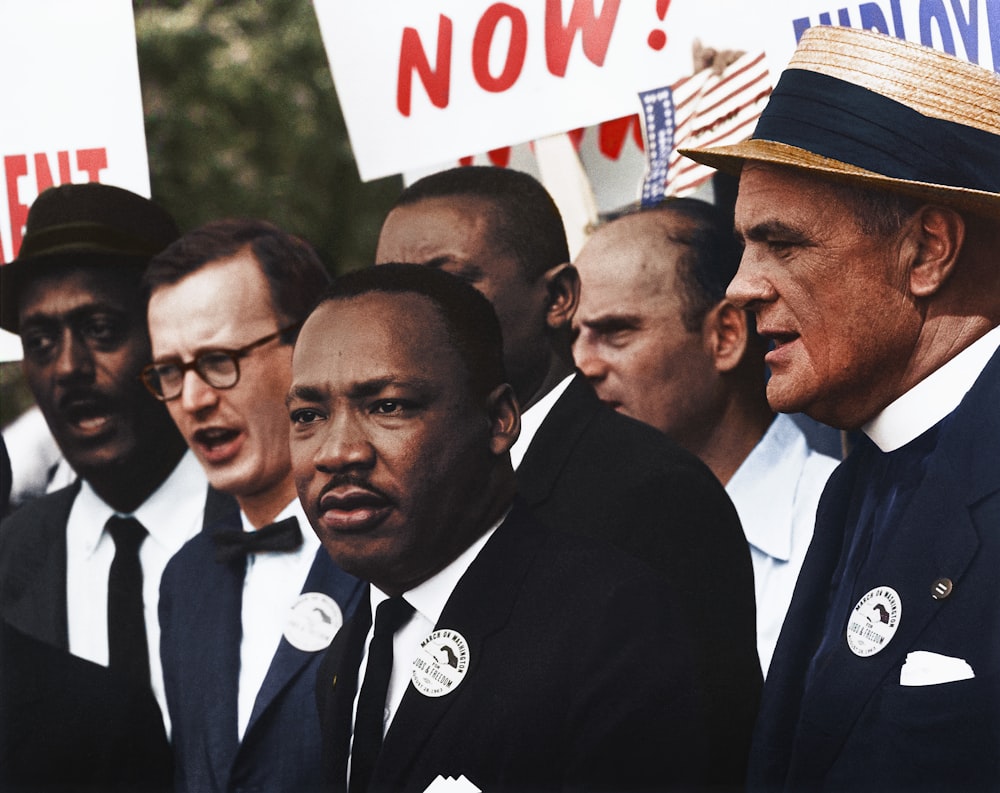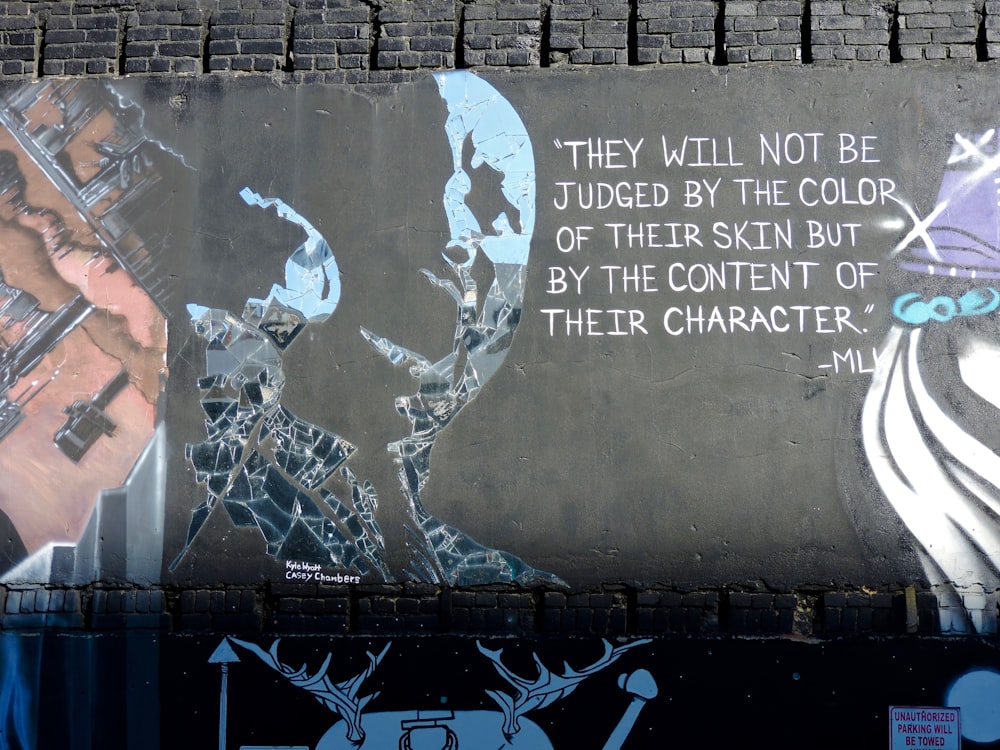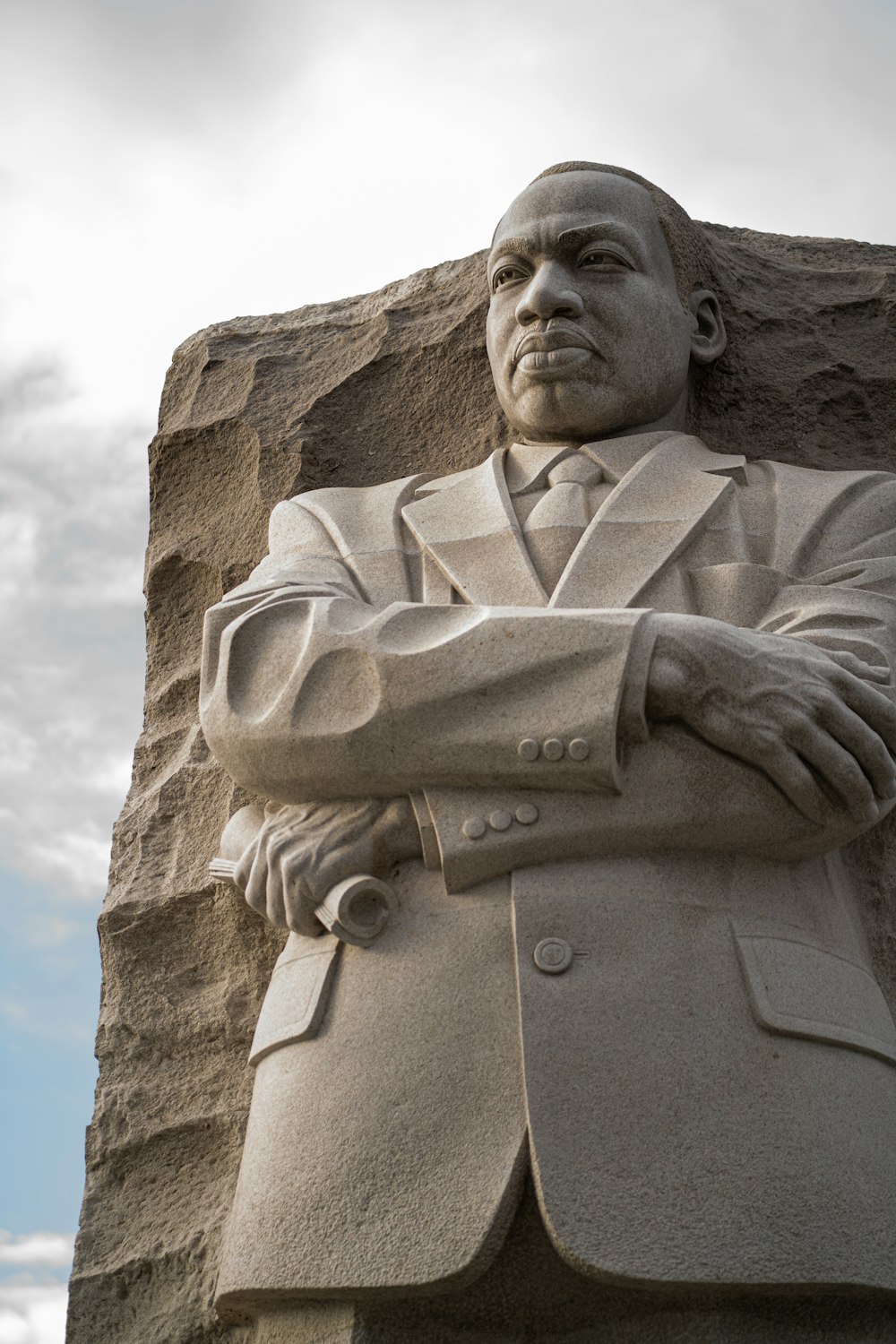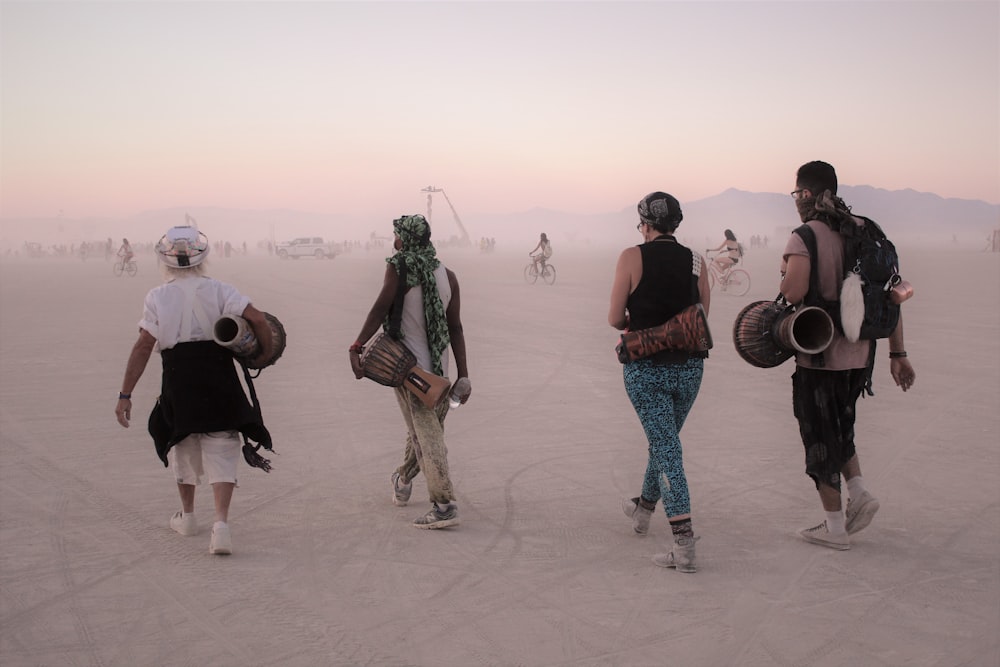Martin Luther King Jr., a prominent figure in the American Civil Rights Movement, left an indelible mark on history through his tireless efforts to advance justice, equality, and civil rights for all. Born on January 15, 1929, in Atlanta, Georgia, King emerged as a charismatic leader and an eloquent speaker, inspiring millions with his powerful messages of love, peace, and nonviolent resistance. This article explores the life, work, and enduring legacy of Martin Luther King Jr., whose impact extends far beyond the boundaries of his time.
Early Life and Education
Martin Luther King Jr. was born into a family deeply rooted in the African American Baptist tradition. His father, Martin Luther King Sr., was a Baptist minister, and his mother, Alberta Williams King, was an accomplished organist and choir leader. Growing up in the racially segregated South, King experienced firsthand the harsh realities of racial discrimination, which fueled his later commitment to social justice.
King excelled academically and skipped two grades in high school. At the age of 15, he enrolled in Morehouse College, an all-male historically black college in Atlanta. Inspired by his father's commitment to civil rights, King felt a calling to the ministry and became a Baptist minister like his father. After completing his undergraduate studies, King pursued his theological education at Crozer Theological Seminary in Pennsylvania and later earned a doctorate in systematic theology from Boston University.
Montgomery Bus Boycott
King's journey as a civil rights leader began in earnest when he moved to Montgomery, Alabama, to become the pastor of Dexter Avenue Baptist Church. In 1955, the spark that ignited his activism occurred when Rosa Parks, an African American woman, refused to give up her bus seat to a white man, leading to her arrest. In response to Parks' arrest, King played a central role in organizing the Montgomery Bus Boycott, a pivotal event in the civil rights movement.
The boycott, which lasted for 381 days, marked the first large-scale demonstration against racial segregation in the United States. King's philosophy of nonviolent resistance and civil disobedience became evident during this period, setting the tone for his future endeavors. Ultimately, the Supreme Court ruled that racial segregation on public buses was unconstitutional, a significant victory for the civil rights movement.
Southern Christian Leadership Conference (SCLC)
In 1957, King, alongside other civil rights leaders, founded the Southern Christian Leadership Conference (SCLC). The organization aimed to coordinate and support nonviolent direct action to end segregation and discrimination. King served as its president, providing a platform for African American churches to mobilize their congregations for social change.
Birmingham Campaign and "Letter from Birmingham Jail"
The Birmingham Campaign of 1963 stands out as another defining moment in King's activism. Faced with violent resistance and arrests, King and his followers undertook a series of nonviolent protests to challenge racial segregation in Birmingham, Alabama. The brutal response from local authorities, including the use of police dogs and fire hoses on peaceful demonstrators, drew national attention and outrage.
During his incarceration in Birmingham, King penned the famous "Letter from Birmingham Jail," a powerful defense of nonviolent resistance and an eloquent critique of white moderates who advocated for gradual change. In the letter, King articulated his belief that "injustice anywhere is a threat to justice everywhere," emphasizing the urgency of addressing racial inequality.
March on Washington and "I Have a Dream"
One of the most iconic moments in King's life occurred on August 28, 1963, when he delivered his historic "I Have a Dream" speech during the March on Washington for Jobs and Freedom. Standing on the steps of the Lincoln Memorial, King captivated the nation with his vision of a future where people would be judged by their character rather than the color of their skin. The speech remains a testament to King's eloquence, his commitment to justice, and his dream of a racially harmonious America.
Civil Rights Act of 1964 and Voting Rights Act of 1965
King's leadership and the tireless efforts of the civil rights movement played a crucial role in the passage of landmark legislation. The Civil Rights Act of 1964 prohibited discrimination based on race, color, religion, sex, or national origin, ending legal segregation in public places and banning employment discrimination. The Voting Rights Act of 1965 aimed to eliminate barriers preventing African Americans from exercising their right to vote.
Legacy and Assassination
Despite the progress achieved, King's commitment to justice persisted. In his final years, he expanded his focus to economic injustice, advocating for fair wages and workers' rights. Tragically, King's life was cut short on April 4, 1968, when he was assassinated while standing on the balcony of the Lorraine Motel in Memphis, Tennessee.
Martin Luther King Jr.'s legacy endures as a symbol of hope, resilience, and the ongoing struggle for civil rights. His contributions to the advancement of equality and justice continue to inspire generations of activists and leaders worldwide.
The Man Behind the Nam![]() e
e
Martin Luther King Jr.'s life and work remain a beacon of inspiration for those dedicated to the pursuit of justice and equality. From the Montgomery Bus Boycott to the March on Washington, King's legacy is woven into the fabric of the civil rights movement. His commitment to nonviolent resistance, his eloquent speeches, and his unwavering dedication to justice have left an indelible mark on the world. As we reflect on King's contributions, it is essential to carry forward the principles of equality, love, and nonviolence, ensuring that his dream of a just and harmonious society becomes a reality for all.











